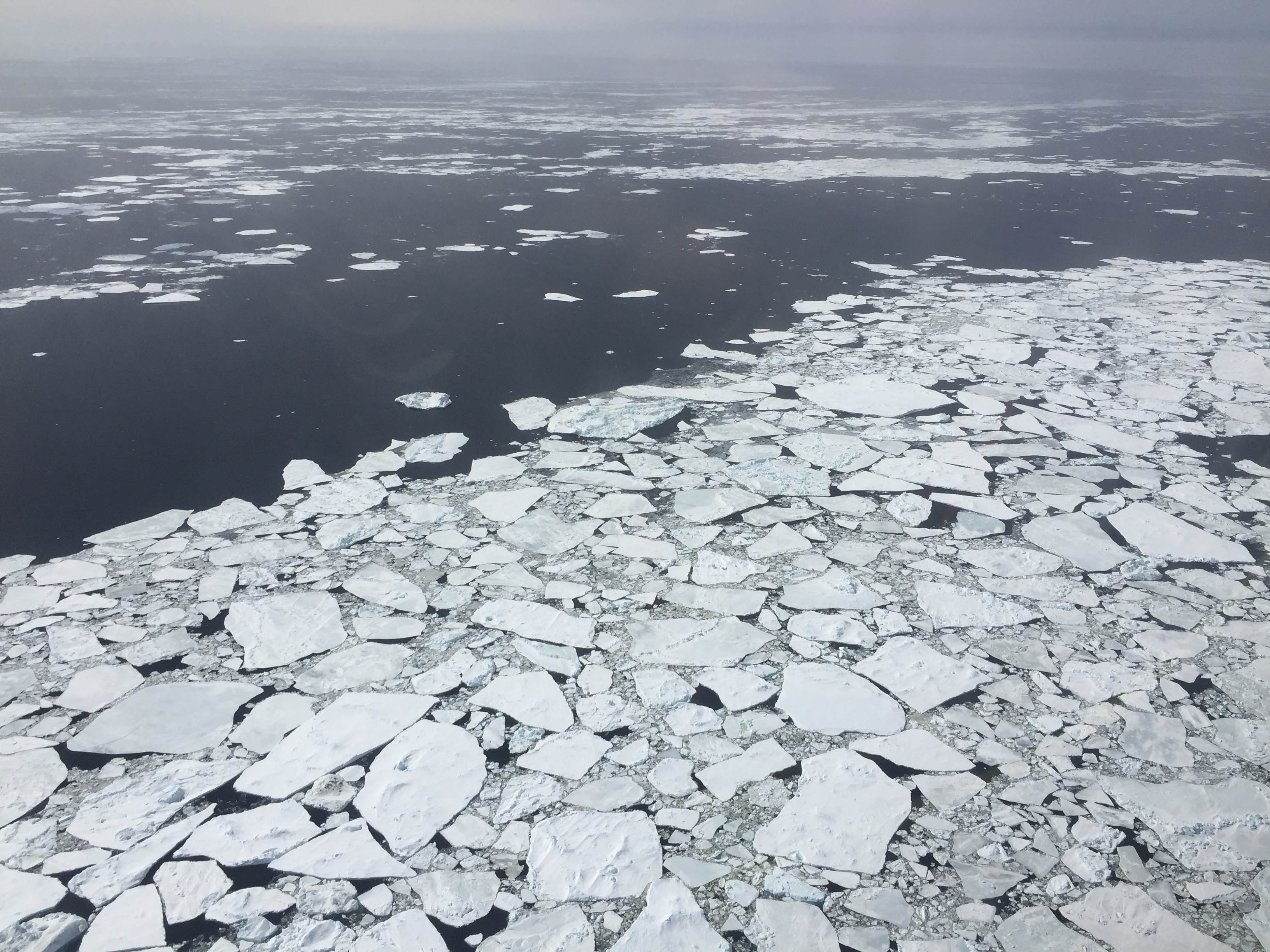
Scientists are alarmed over the Antarctic sea ice reaching record low levels for the third time in the last six years. Read to know why this is a major concern.
Why is the declining Antarctic sea ice a concern?
Last year on February 25 the amount of sea ice in the Antarctic dropped to 1.92m sq km. It was the lowest since satellite observation of ocean ice in the region began in 1979. However this year the record was breached by February 12. And by February 25, the records reached a new low of 1.79m sq km, 136,000 sq km lesser than the previous all-time low.
Antarctic sea ice refers to the layer of ice that forms on the surface of the ocean surrounding the continent of Antarctica. It is formed due to several factors, including the freezing of seawater, the cooling of the surrounding air, and the effects of ocean currents and winds. Moreover, it plays an important role in the Earth’s climate system by reflecting sunlight and regulating the exchange of heat, moisture, and gases between the atmosphere and the ocean. It also provides a habitat for a diverse range of marine organisms in the region.
More on the data

Dr. Will Hobbs stated “circumpolar event” as the reason, adding that less ice is witnessed across the globe. Dr. Hobbs is an Antarctic sea ice expert with the Australian Antarctic Programme Partnership at the University of Tasmania. Additionally, he stressed that large areas barely recovered from last year’s losses and these are at devastatingly low levels. “Because sea ice is so reflective, it’s hard to melt from sunlight. But if you get open water behind it, that can melt the ice from underneath,” stated Hobbs.
Additionally, sea ice helps in negating the effect of storms on ice attached to coasts. If it starts to disappear for long periods, the waves can weaken the existing ice sheets. “We don’t want to lose sea ice where there are these vulnerable ice shelves and, behind them, the ice sheets. We are probably starting to see signs of significant warming and retreat of sea ice. To see it getting to these levels is a concern. Mainly because we have this potentially amplifying feedback,” stated Prof Matt England. Prof England is an oceanographer and climate scientist at the University of New South Wales






